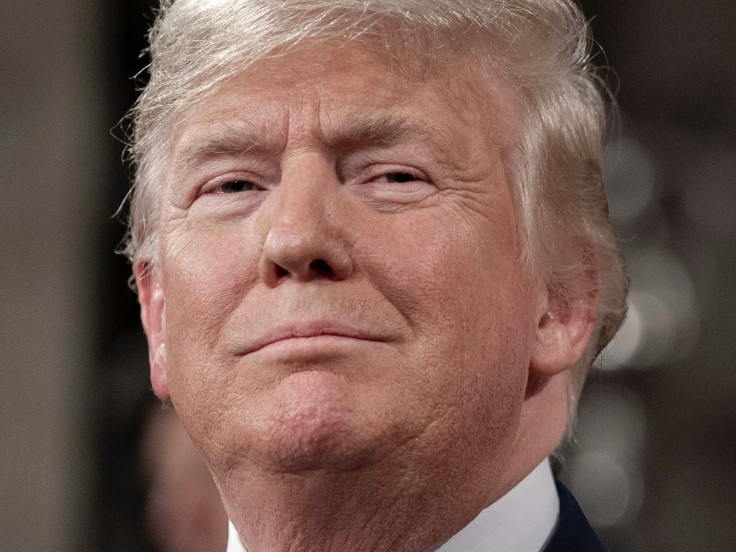
A health care proposal, presumably from the White House, is circulating in Congress seeking Republican approval. The enhanced Affordable Care Act (ACA) premium subsidies will expire at year-end, and the POTUS seems bent on extending them for two more years.
Trump was supposed to announce an important health care measure at the start of the week, but his pitch faced resistance from hard-line conservative GOP members. The ACA, a.k.a. Obamacare, has had enhanced subsidies in place since the COVID-19 pandemic. If they expire next month, millions of Americans will experience financial pain. The out-of-pocket premiums for the average subsidized enrollee would more than double.
New Income Caps and Limits
The proposal is not only about extending Obamacare subsidies. Some sources say the proposal will implement new income caps for enrollees to qualify for the ACA tax credits.
Notably, the new eligibility cap would limit the subsidies to individuals with incomes up to 700 percent of the federal poverty line. The best part is that enrollees would also pay a minimum premium payment. Furthermore, the subsidies will focus on lower and middle-income Americans.
To address Republican concerns about program integrity, fraud, waste, and abuse, zero-premium plans will no longer be available. Instead, the suggested monthly payment for lower-tier plans is a minimum of $5 per month (£3.81) or 2% of income to verify eligibility.
Other provisions from Congressional Republicans may be included in the proposal. A portion of the subsidy will be taken from insurance companies and forwarded to Health Savings Accounts (HSAs). This should favour individuals who want lower-cost, high-deductible plans.
Enrollees will also have the option to receive partial tax credits in a tax-advantaged savings account, provided they take a lower-premium health plan. Many Republican lawmakers are comfortable with funds going directly to people, rather than relying on indirect subsidies to insurance companies to bring down health costs.
Repeal and Replace
The White House faces stiff opposition, though it was learned that the concession to Democrats who voted to end the government shutdown includes a vote on the ACA tax credits in December.
Still, GOP lawmakers are deeply divided on the health care issue, even if they know what Trump wants. Moderate Republicans prefer an extension, while the hard-liners insist on letting the subsidies expire.
Others who oppose any extension of the ACA subsidies recommend a more comprehensive 'repeal and replace' strategy. This will further delay Trump's plan to unveil a proposal soon, avoiding a last-minute scramble.
Democrats hope Republicans will initiate negotiations regarding an ACA extension. But it remains doubtful whether a short-term fix with restrictions is acceptable.
Firm Stand
Some Republicans believe the best path forward is to keep healthcare prices down by extending tax credits with modifications. Others want to overhaul health savings accounts and develop an entirely new framework.
Trump, however, made a firm stand for members of Congress to hear. He said, 'The only healthcare I will support or approve is sending the money directly back to the people, with nothing going to the big, fat, rich insurance companies.'







